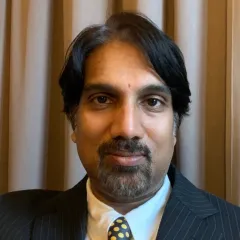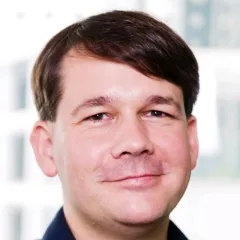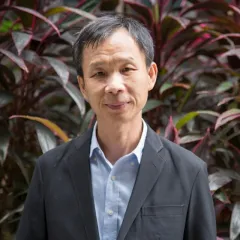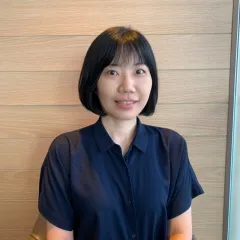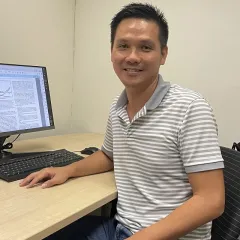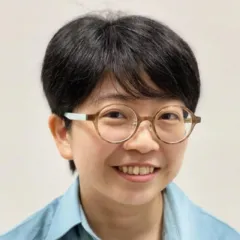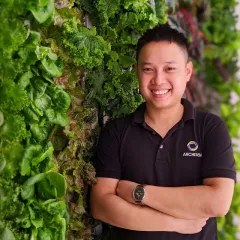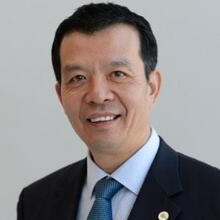
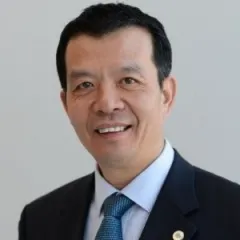
NTU has partnered with Wageningen University & Research to start the NTU Food Science and Technology Programme (NTU FST) in 2014. Under Prof. Chen’s leadership, NTU FST has developed R&D capabilities of relevance to Singapore food industry, and has evolved into an integrated Education-Research-Innovation-Translation platform across NTU’s schools and colleges.
The impact of NTU FST education is demonstrated by the recent launch of the Future Foods course in partnership with The Good Food Institute APAC.
NTU FST’s R&D focus has been on achieving zero waste food processing through upcycling for a sustainable food system. Our innovations have received significant interest and investment from industry, which have led to the development of consumer products through research collaboration agreements, joint laboratory (F&N-NTU), and direct IP licensing.
NTU FST’s innovations have been extensively covered by local and international media (AFP, BBC, CNBC, CNN, Reuters among others), and featured by the World Economic Forum. NTU FST has contributed to NTU’s leadership role in a number of national food initiatives, including the SFA-A*STAR-NTU partnership in Singapore Future Ready Food Safety Hub (FRESH) and Singapore Agri-Food Innovation Lab (SAIL) supported by ESG.
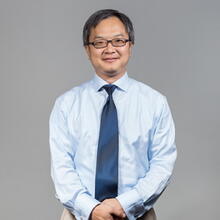
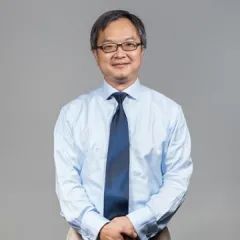
WONG Limsoon is Kwan-Im-Thong-Hood-Cho-Temple Chair Professor in the School of Computing at the National University of Singapore (NUS). He is a Fellow of the ACM, for his contributions to database theory and computational biology. Limsoon’s works in these two fields often reveal deep insight into the fundamental properties of a problem and ingenious logical exploitation of these properties. Limsoon’s solutions are often so elegant that, once you have seen them, you would kick yourself for not having thought of them first.
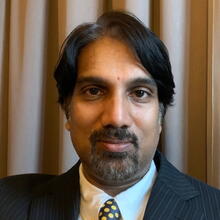
Kumar SELVARAJOO heads the Computational Biology & Bioinformatics laboratory at the Singapore Institute of Food & Biotechnology Innovation, A*STAR. He is also a Career Development Mentor there, and an adjunct Principal Investigator at the Synthetic Biology for Clinical and Technological Innovation (SynCTI), National University of Singapore.
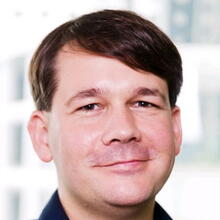
Sebastian MAURER-STROH obtained his PhD degree from the University of Vienna, Austria, before carrying out research at the VIB Switch laboratory in Brussels, Belgium, under a Marie Curie fellowship. He joined A*STAR’s Bioinformatics Institute (BII) in 2007 and now leads a group of experts in protein sequence analysis as a Senior Principal Investigator. He was appointed Deputy Executive Director (Research) at BII in 2019. Maurer-Stroh also spearheads industry collaborations with local SMEs and large multinationals on sequence analysis and prediction of allergenicity potential of proteins.
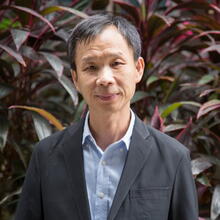
LEE Hwee Kuan’s current research work involves the development of Artificial Intelligence (AI) research for clinical and biological applications. His laboratory focus on diverse research activities, including more basic AI centric research as well as AI applications. Theoretical AI development activities in Hwee Kuan’s laboratory is mostly inspired by impactful clinical use cases. Clinical application areas include, diagnostics in cancers, cardiology, dermatology and interventional radiology. In the area of biology, Hwee Kuan’s laboratory develops bioinformatics pipelines in spatial omics and single cell analysis, and in the development of AI in protein science and drug discovery. Hwee Kuan’s primary appointment is as the Deputy Director for Training and Talent development in the Bioinformatics Institute. He also holds multiple adjunct and joint appointments in the local universities and other research institutions.
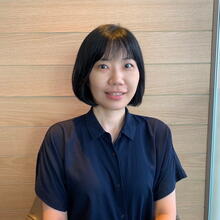
Dr. Vachiranee LIMVIPHUVADH has a Master of Informatics and Doctor of Science at Kyoto University, Japan. She is a Research Scientist in BII, A*STAR, Singapore and has more than ten years of experience in the field of bioinformatics specifically to predict effect of SNPs and mutations in human diseases and pharmacogenetics. Currently, her main focus is on food allergy and has been involved in development of AllerCatPro.
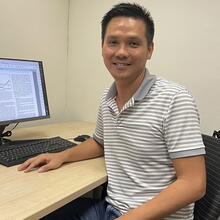
Hock Chuan obtained his Ph.D. from NUS, specializing in Computational Systems Biotechnology. Before joining BII as a Senior Research Fellow, he has worked in three other research institutes, where he led the development of computational algorithms and frameworks for elucidating actionable insights into biological and bioprocessing phenomena. These works involve the analysis of high-throughput multi-omics data as well as the mathematical and AI modeling of biological systems. Currently, he is developing a biochemical laws-informed AI approach for both efficient and explainable optimization of pathways.
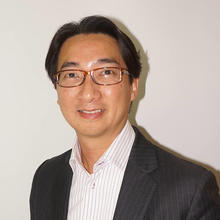

Ken Chew TAN is a Director of Business Consulting at Dassault Systèmes for both Home & Lifestyle as well as Consumer Packaged Goods & Retail Industries. He has over 25 years of experience in the fashion-related and retail-related technology industry mainly in the domains of 3D Design, 3D Product Development & Simulation, Production, Digital Marketing & Retail.
Ken is part of Dassault Systèmes’ worldwide Industry Team with a mission to bring the innovative 3DEXPERIENCE platform to companies to help them with their strategic digital transformation initiatives, from R&D to Manufacturing to Retail. He is also a strong advocate of Consumer Experiences with Consumer in the epicenter of value creation process.
Ken holds an M.B.A. from Kellogg School of Management, Northwestern University, USA.
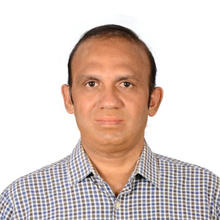
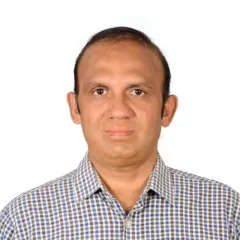
Dr.Anand KRISHNAMURTHY is a doctorate in biophysics from the University of Madras, and has an experience spanning 19 years in the field of modeling simulations and data science for the life sciences industry. His scientific experience is spread across systems biology, antibody modeling, simulations and machine learning in leading biotech & pharma companies.
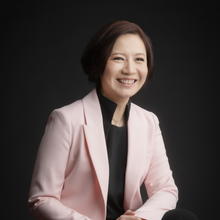
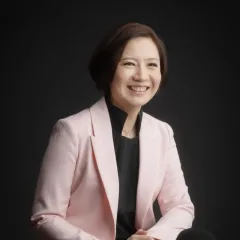
Josephine ONG heads the Dassault Systèmes business in the Asia Pacific South region, covering Australia, New Zealand and Southeast Asia.
Her key mandate is driving sustainable value creation for our customers, achieved through identification of high potential market segments and addressing their critical business processes with technology that provides tangible and meaningful KPIs.
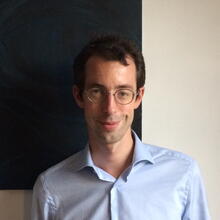
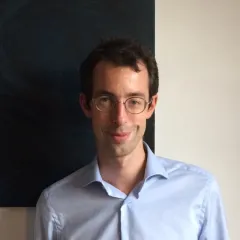
A plasma physicist by training turned mathematician, Philippe CASTERA joined Dassault Systèmes in 2015 to work on mathematical models for Complex Systems, using Graph Theory and Category Theory. In 2020, he switched to the Living Map team within BIOVIA where he is in charge of developing all graph-related algorithms. As a physicist, Philippe also helps the 3DEXPERIENCELab (Dassault Systèmes start-up incubator), assessing the candidate start-ups and physics related projects.
Prior to his joining Dassault Systèmes, Philippe completed a PhD thesis at ONERA (the French aerospace lab) on the design of a new plasma actuator for flow control, combining both high-speed experimental measurements and theoretical modeling and simulation. He also worked briefly in particle physics at the PHENIX experiment on RHIC (the Relativistic Heavy Ion Collider) in Brookhaven National Laboratory (Upton, NY, USA) and in nanophysics at CINTRA, a joint research lab between CNRS, Thales and the Nanyang Technological University in Singapore.
Philippe graduated from Ecole Centrale Paris where he also earned his PhD, and holds an additional MSc in nanosciences.
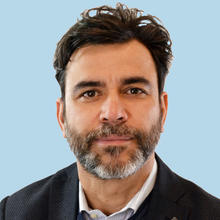
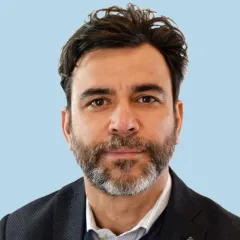
Walid DARGHOUTH joined Dassault Systèmes in 2006. Walid holds a Master degree in informatics from Toulouse university in France and an MBA from Bologna university in Italy. Walid’s has more than 20 years of consulting experience in Consumer Goods industry, with expertise in customer engagement for transformation and deploying innovation projects. Over the last 4 years, Walid is leading the Home & Lifestyle and CPG & Retail Industry Solution with focus on defining the industry solution portfolio to address specific industry challenges around packaging, product and formula development & optimization, Lab digitalization, manufacturing scheduling & execution and solving inbound and outbound supply Chain puzzles.
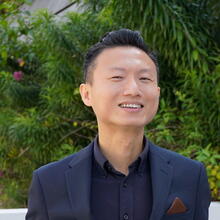
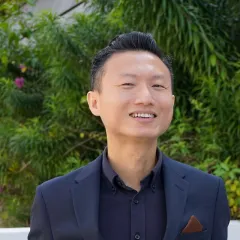
Assistant Professor Wilson GOH received his undergraduate training in Life Science from National University of Singapore. He was then awarded a Wellcome Trust Scholarship to pursue an MSc in Bioinformatics and PhD in Computing at Imperial College London. Following an EMBO Fellowship at ETH Zurich and a brief stint in Harvard Medical School, Wilson established the Bio-Data Science and Education (BDSE) laboratory in Nanyang Technological University (NTU). Wilson now straddles between the Lee Kong Chian School of Medicine (LKCMed) and School of Biological Sciences (SBS). He serves the academic community as its Director (PhD Programmes), Director (Biomedical Data Science Graduate Programme, Head (Good Research Practice Office) and the Academic Lead of the Data Science Research Programme.
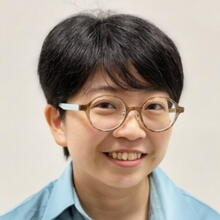
Xin Yi LIM is Executive Director, Sustainability and Agricultural Impact at Pinduoduo. She is responsible for Pinduoduo’s international corporate strategy efforts and innovation in sustainability and agri-tech.

Jia Hui is the Head of Science at Archisen, a local agritech startup focusing on designing, building and operating high-tech farms. He leads the crop science division, conducting R&D to increase crop yield and quality, and to expand new crop varieties to Archisen's farm. He keeps track of the latest development in technology and academic publications in the agritech field, trying to connect technological and academic breakthroughs to the industry.

Keith LIM has a Ph.D. in Food Science and has 20 years of working experience on product innovation and development for food ingredients company. He has worked for International Flavors & Fragrances, CP Kelco, Tate & Lyle, Sensient Technology, and Kemin Food Technologies. His passion is helping the food industry to develop innovative, safe, delicious food products for a sustainable future.
